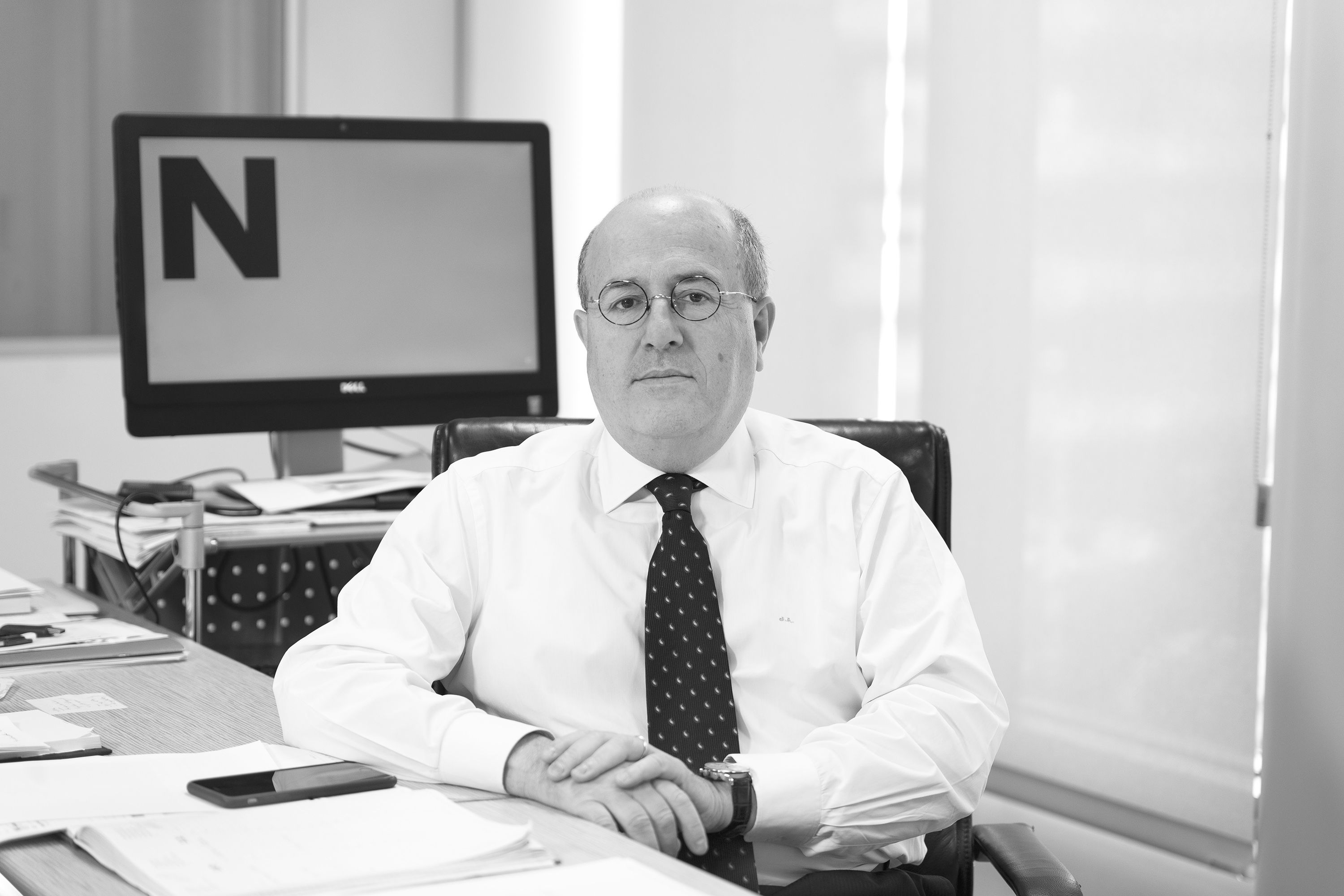The trial of the Catalan pro-independence leaders in Spain's Supreme Court is not even under way and the first signs of the court's lack of impartiality are beginning to become apparent. I will mention two cases that came to light on Friday: first of all, the 145-page ruling in which Spain's highest court pronounces on the prosecutions' and defences' wishes with regard to evidence and witnesses they propose to present. The filtering carried out by the court employs a wide range of excuses to scratch out names and, in practice, ends up limiting the rights of the accused to mount a defence. If the defence calls someone as a witness, it is obvious that they believe that that person's statements can help their case. The court has applied reductionist criteria and in addition to leaving out Spain's king Felipe VI, it refuses to accept testimony via videoconference from the exiled Carles Puigdemont, as well as vetoing appearances from United Nations human rights reporters, Nobel prize winners and intellectuals such as Noam Chomsky and Paul Preston. Also removed from the list is the Popular Party (PP) spokesperson in the Senate, Ignacio Cosidó, formerly a general director of the Spanish police and, coincidentally, also the person who shared a WhatsApp text with his fellow PP senators referring to the Supreme Court president, Manuel Marchena, during the highly problematic renovation of the senior judicial body, the General Council of the Judiciary: the now-famous message in which he said: "we will control the court's criminal area via the back door".
Secondly, there is the issue of the presence of international observers as requested by the human rights platform International Trial Watch - Catalan Referendum Case, which groups together about a dozen ONGs concerned with human rights. The platform had asked for five seats in the courtroom to follow the trial live. The reason given to justify the negative response was that the trial will be broadcast on television and will thus already be possible to follow live. Although it is obvious that being personally present at such an exceptional hearing is something different from watching it on television, what is really sought is to prevent the presence of international observers and the resonance of their statements every day at the end of the session.
In addition, there is the matter of yesterday's transfer of the nine political prisoners from the Catalan prisons of Lledoners, Mas d'Enric and Puig de les Basses to the Madrid jails of Soto del Real and Alcalá Meco. Was it necessary for this to take place twelve days before the trial begins? Wouldn't a couple of days have been enough to then proceed to the trial? It is clear that the transfer reduces the prisoners' ability to prepare good defences with their lawyers and it alters the normal structure of visits in a prison system. But the transfer date planned several weeks ago has been maintained even though the beginning of the trial has been delayed by a week.
Also on Friday, editorials from The Times and The Economist both referred to the independence trial. The British daily entitled its piece "The Trial of the Catalan Twelve, the Spanish Inquisition", while the world's most influential weekly magazine said that the trial could be viewed internationally as a blot on Spanish democracy. Two harsh opinions. It is not strange that in the Spanish government people are nervous and have sent the director of their PR unit Global Spain off around the world to explain the good health of Spanish democracy. By the way: how is it possible that no other European government, not that of Germany, or the UK, or France, to give three examples, feels the need to undertake international campaigns such as that of foreign minister Josep Borrell and former parliamentary deputy Irene Lozano?

